Robinhood has blown up over the past few years as a popular app for new and experienced investors. Founded in 2015, the company has attracted millennials with features like cryptocurrency, fractional shares, $0 minimums, and educational resources. Not to mention their pledge to “democratize investing.”
Recently, however, the company drew attention from the media and some politicians following their late January announcement to limit purchases of certain volatile securities in light of GameStops sudden skyrocketing prices. Under immediate fire, Robinhood quickly reversed their decision, but for some, the damage has been done to their “give to the needy” image. The GameStop stock debacle certainly has not bolstered the trust of current and potential Robinhood users. As one article quoted, many users felt betrayed, some enough to take to the streets and protest the decision. These protesters, like many others, feel as though Robinhood is behaving contrary to their namesake to steal from the needy and preserve wealth for the rich.
Almost every investing platform today pledges some iteration of the same mission to democratize investing, remove barriers for the average American, make the stock market more accessible, etc. Which platforms do this most effectively?
For those who are just beginning to invest, recent events highlight the importance of getting to know all your options. For others who are more experienced, perhaps Robinhoods recent decisions offer pause to reconsider your trading platforms.
Robinhood Overview
Objectively, Robinhood is a good middle-ground platform that offers some guidance for beginners, and flexibility for those who know what they want. Like many platforms, Robinhood offers fractional shares, which allow users the freedom to maximize the utilization of their available money. For those who are investing with little to start, this can make all the difference. It means that you do not need the money to purchase a whole share, and it also means your money is not sitting around while you wait to save as much.
Additional attractive features include $0 account minimums, access to cryptocurrency, and no fees. Let’s see how their basic features compare to the competition. We’ll examine several popular investment apps and platforms so you can decide which Robinhood alternative best matches your personal goals.
Traditional Online Brokers
TD Ameritrade
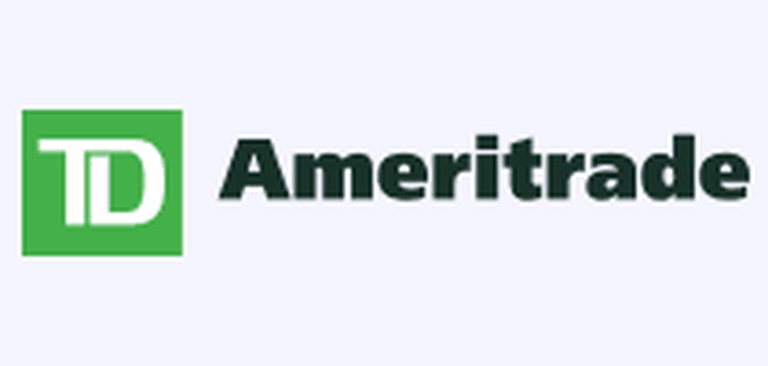
If you have access to the internet or watch television, you have probably heard of TD Ameritrade, TD Bank’s investing platform. They offer a wide variety of services but function mostly as a self-directed investing platform. With $0 fees for stocks, exchange-traded funds (ETFs), certain options, mutual funds, bonds, and futures, its platform is a great option for an experienced self-directed investor. Under this umbrella, it offers a variety of different web and mobile platforms that all cater to different levels of experience and goals.
If you have more lofty goals or the resources for more guidance, TD Ameritrade also offers a selection of professionally managed portfolios that range in personalization levels. This route does require more resources as its portfolios all have minimums that range from $500 to the tens of thousands.
If you are looking for a well-rounded option, it’s hard not to factor in TD Bank as well. The ability to have all your accounts at the same institution is an attractive feature, especially considering they offer retirement accounts and a Collateral Lending Program, which allows you to leverage an eligible account to get a personal loan for things like short term cash flow or business expenses.
Related: TD Ameritrade Full Review
E*TRADE

Another popular trading platform is E*TRADE, which has been around since the 1980s and is responsible for the first individual electronic trade. Like TD Ameritrade, E*TRADE offers self-directed investing, managed portfolios, retirement accounts, and banking. Using its self-directed platform, you can trade stocks, ETFs, bonds, mutual funds, options, and futures. If you are new to investing, it has a section that will help you find resources to get started, including a four-step process that helps you determine your goals and choose the best investments for you.
Its managed portfolios require larger account minimums, with the lowest core account starting at $500. This is still a good option if you have the resources to take your investing to the next level.
Related: E*TRADE Full Review
Ally Invest
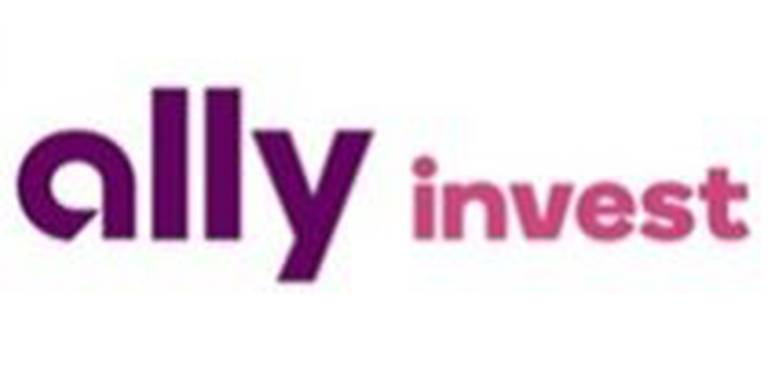
Ally Invest is another broker that brings the best of the digital world to the best of the more traditional investment platforms. It also caters to self-directed investors with low fees and minimums and is widely known for its commitment to the customer (an ally if you will). Part of that commitment comes in the form of trading tools and resources designed to help you as a self-directed investor. Its Robo portfolios strike a mix between robo-advisors and consultants, which means there are no fees and you can open an account with as little as $100. Its portfolios are designed by real people, and it bolsters the automated investing experience with their 24/7 accessible customer service. You may not get as customized as with TD Ameritrade or E*TRADE, but you will not pay the higher fees either.
Its customer-tailored experience does not fall short with banking. Like other online services, it offers accounts with $0 maintenance fees (as well as other fees like overdraft), and several have features like their savings buckets, which help you visualize and organize your savings goals. Of the fees it does charge, it is upfront about what you will see in your account. Other services it offers include auto financing, home loans, corporate financing for midmarket companies, and loans for healthcare and home improvement.
Read More: Ally Invest Review
Public

Like Robinhood, and many other digital platforms, Public was founded with the mission to make investing more accessible to everyone with low costs, a mobile app, and fractional shares. Public offers slices of stock that allow you to invest without the money to buy entire shares. There are no account minimums or commission fees, so you are pretty much free to invest as you please. Like Robinhood, you also get a free slice of stock just for signing up, and one for referring friends.
As far as the educational component, Public is pretty hands-off. Similar to Robinhood, it provides a stock directory, top movers, and categories, or themes, plus a library of blog-like posts that require effort on your part to sift through. Its biggest differentiator comes in the form of its social media component, conceived under the philosophy that investing is isolating, and that is one reason why many hesitate to sign up. On its platform, you can follow like-minded investors to up your financial knowledge, and/or share your own insights. If you are someone who is comfortable with networking and sharing your own experiences related to investing, this could be a good platform for you. If you are looking for something more private or more educational in a traditional sense, this may not be the best option.
Read More: Public Review
Acorns
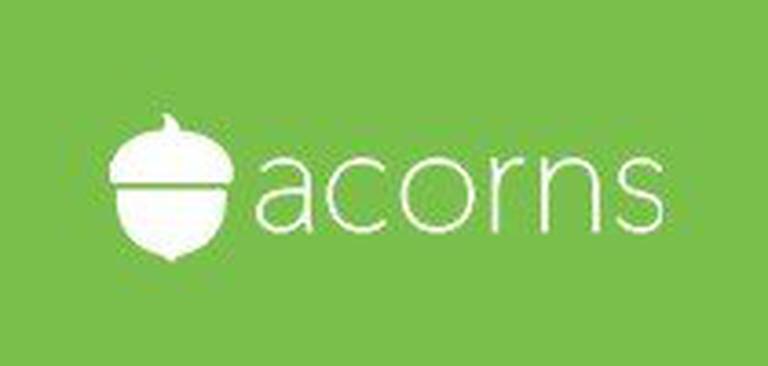
Acorns has been around since the early 2010s and allows users to invest their “spare change” with round-ups. It embraces its namesake by helping you start small and grow your oak. It provides a selection of professionally curated portfolios (it boasts Nobel Prize-winning economist Dr. Harry Markowitz, in particular) that range from conservative to aggressive and are based on your goals and your comfort level. One of the biggest selling points for a beginner investor is its creative and efficient ways of getting you to invest without thinking about it. Round-ups occur when you spend using a debit or credit card connected to your account. At the time of the transaction, Acorns will round up to the nearest dollar, and invest the change into your account.
Additionally, Acorns has partnered with a good selection of vendors for their Acorns Earn feature, which helps users by investing a certain amount when they spend at specific places (Apple, Walmart, and Walgreens to name a few).
One of the drawbacks is that its personal account will cost you $3/month. This doesn’t seem like a lot, but $36/year is actually a lot to manage a small account. If your account is up to the tens of thousands, then the fee isn’t too bad. Its creative auto-investing options will help you save more without thinking about it. If you are someone who needs a push to start saving or you just want a lower-effort option, Acorns is a good service for you.
Read More: Acorns Review
Betterment

Like Acorns, Betterment is a digital platform offering curated portfolios (which it also boasts are based on Nobel Prize-winning research), matched to you based on your investing goals. Unlike other platforms, it starts with a goal (dream home, college savings, new car, etc.) to get an idea of your risk tolerance and ideal profile. In addition to those portfolios, it offers socially and climate-conscious options, low-risk options, and flexible portfolio options where you can adjust the weight of particular asset classes.
Its platform is clean and simple and guides users and potential users through a series of pointed questions aimed at getting to the bottom of your investing goals. It also offers $0 fee banking services through its investing app. Its most stand-out features include its Tax Loss Harvesting guidance automated to sell some of your shares at a loss that will offset your gains and lessen your tax impact and its automatic rebalancing.
As far as guidance goes, you may have to cough up some more cash. Its robo-advising packages are all offered for fees that range from $150 (getting started) to $400 (retirement). Its free educational resources include write-ups on frequently asked questions and suggested articles.
Read More: Betterment Review
Stash
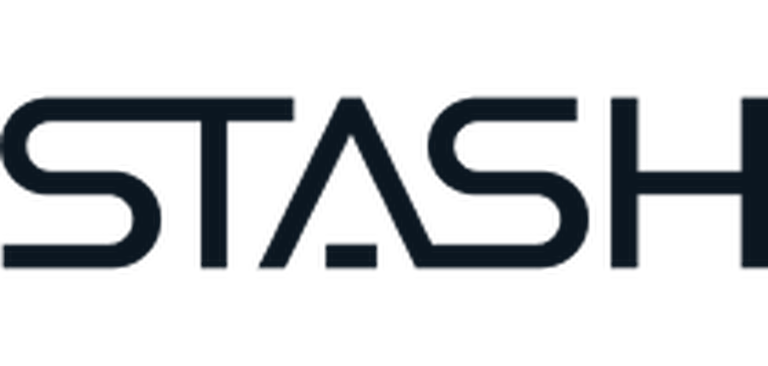
Stash is a good option for true beginners and another platform utilizing creativity to help users invest. Its Stock Back Rewards Card, for example, allows users to earn stock rewards just like cash back or airline miles. Just like Betterment and Acorns, there is no account minimum, and users are taken through a series of questions to build a curated portfolio. Stash’s recommendations will vary based on your income and how conservative you are. Like Acorns, its services cost small fees that have the potential to add up based on the value of your account. Its growth account starts at $3/month, and Stash+ reaches $9/month. Like the others, it also offers online banking with $0 fees.
As far as its education, Stash offers a good up-front overview of investing and investing terms for true beginners, but only if they are willing to put in the work, as well. The resources are there, but it is not education that will hold your hand throughout. After the initial overview, its resources drop off to function like a series of blog posts rather than a library of information. If you are looking for a good banking service and interested in learning about investing, then Stash is a good option for you.
Read More: Stash Review
M1
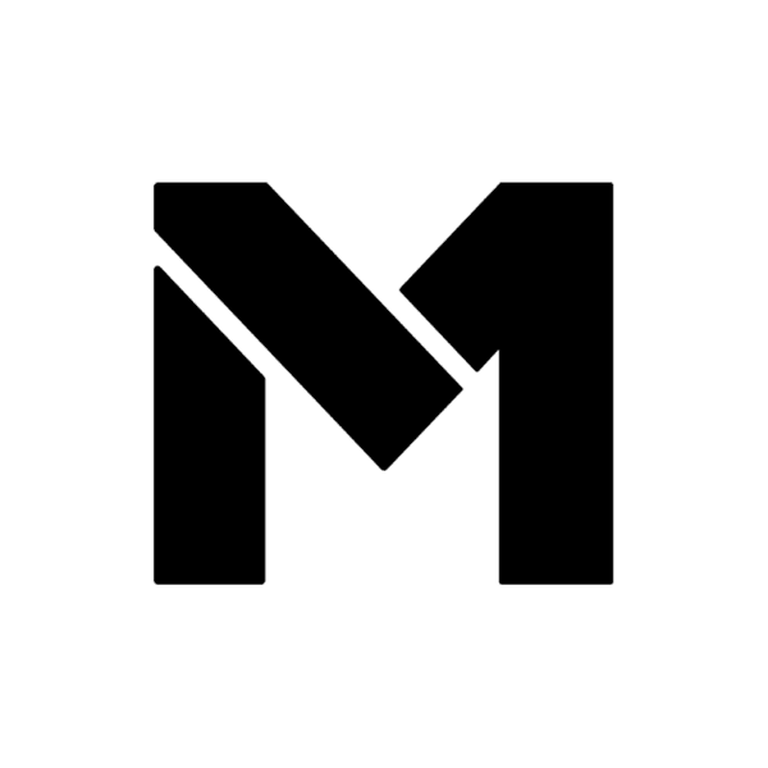
Like all finance apps from the past decade, M1 comes with a belief that the finance industry is dated and inaccessible and strives to drive investing and finance forward through technology. Its platform functions as a good in-between of more traditional and established brokers like TD Ameritrade and E*TRADE and the newer fintech apps. Its self-proclaimed Super Finance App divides its services into three categories: invest, borrow, and spend. Its services are tailored toward fairly experienced, self-directed investors for whom the biggest selling point is likely the flexibility and freedom of a more customizable service.
It does offer a number of curated portfolios (it uses the image of a pie), but it also allows customizations so users can select their own "slices." On top of that, you can utilize both of these features by having part of your portfolio be curated, and the other customized.
In addition to its online banking options, M1 offers low-rate and unique lending options. Because you will use your investment account as collateral (this can only happen after your account reaches a certain value), there are no payment schedules, no credit checks, and no paperwork.
The drawback for some may be the $100 account minimum for its basic account ($500 for retirement). That may be too steep for a beginner who is just learning about investing.
However, if you are thinking long term, M1s investing, banking, and lending options make it a good platform to consider.
Read More: M1 Review
SoFi Invest
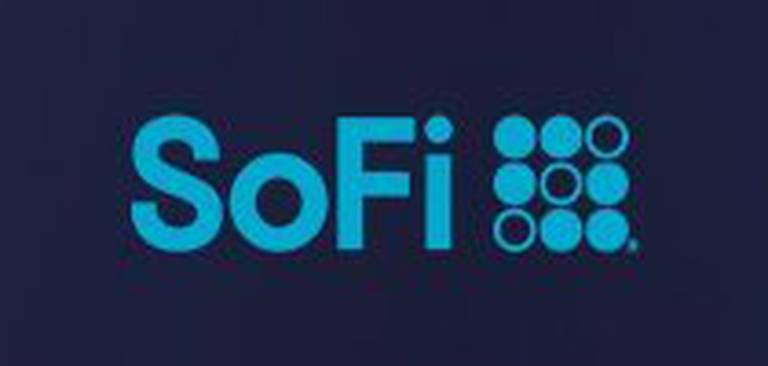
Like many investment apps on this list, SoFi Invest puts a clear focus on accessibility. It bills itself as an all-in-one investing that’s easy to use.” With the SoFi Invest trading app, investors can engage in stock trading, ETF trading, cryptocurrency trading, and can participate in IPOs at IPO prices. Mutual funds and bonds are not available. SoFi offers both an active and an automated investment platform.
It’s immediately apparent that ease-of-use is a primary goal of this platform as is the case with Robinhood. The SoFi mobile app and desktop platforms are very easy to use, even for beginner investors. The platforms are simple and straight-forward, but the experienced investor may crave more analytical tools and functionality.
SoFi Invests fee structure is quite similar to Robinhood, with a couple notable differences. Both offer commission free trading on stocks and ETFs. Both have no minimum balance, and don’t have inactivity or account management fees. The main differentiating fee is SoFi’s 1.25% markup on crypto transactions.
Both platforms also have small differences in types of investment on offer. For example, SoFi offers various types of retirement account, including IRAs, Roth IRA accounts, SEP IRAs, and Traditional Rollover IRAs. Robinhood does not offer these accounts.
Another unique feature to SoFi is its access to CFP advisors for no extra fee, to help investors with financial planning.
Its also important to note that SoFi is a full-fledged financial services company, and offers much more than just an investment platform. Like Robinhood, it puts an emphasis on commission-free trading and simplicity, and is a good alternative for anyone looking for a similar platform.
Charles Schwab
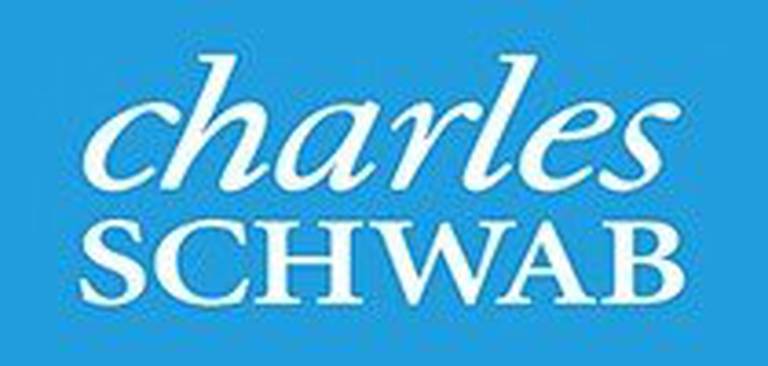
Charles Schwab is a more traditional investing platform compared to Robinhood. While the Robinhood app puts a primary emphasis on simplicity and accessibility, Schwab offers a deep, complex investing platform, full of tools for analysis and research. The platform is decidedly less accessible, but may be more appealing to the experienced investor for this reason.
Charles Schwab is a full-service brokerage that sets its focus primarily on more experienced investors, but it also competes directly with Robinhood in several important areas. For example, Charles Schwab offers no fees on stocks, ETFs, and option trades. Charles Schwab also offers futures, bonds, BitCoin futures, broker-assisted trades, mutual funds, and international trading. There is a $25 fee on any broker-assisted trade. Additionally, Charles Schwab has a 9% rate on margin-trading if your balance is under $25,000, which is higher than Robinhood’s 5% (although you need to pay $5/month for Robinhood Gold to access margin trading).
Charles Schwab is the clear choice if you are an active trader or experienced investor looking for an in-depth platform with extensive research & analysis tools. They also offer a greater investment selection than Robinhood, with the notable exception of crypto. Their move to a zero commission fee structure makes them even more competitive with Robinhood.
Final Thoughts
Ultimately, deciding which platform is best for you is a personal decision that requires some effort. That’s a good thing because investing is not something that should be taken casually or lightly. Regardless of the current climate, it is smart to do your research and get to know what’s out there before you invest your money.
- Learn More about Robinhood
- How to Invest with Robinhood
- Robinhood vs Webull vs M1









